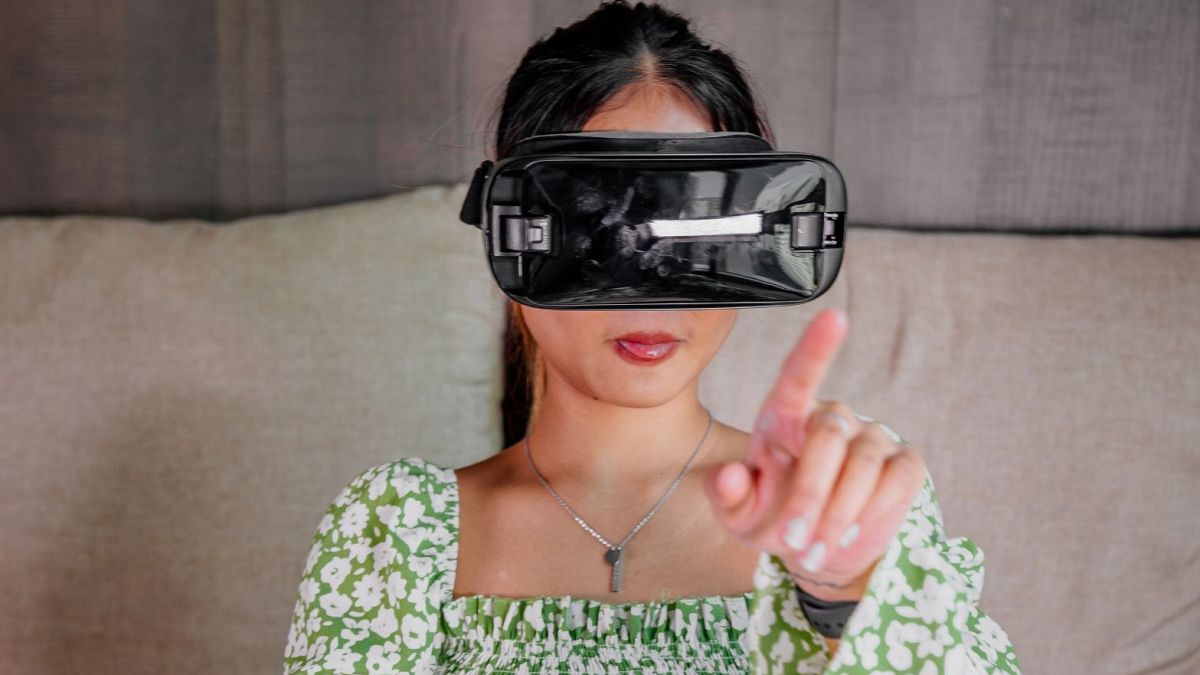

In an era marked by technological advancements, it’s fascinating to consider the diverse ways in which technology reshapes our lives. Recent developments illustrate this dynamic transformation across various realms, from healthcare innovations in virtual reality (VR) to the nuanced applications of artificial intelligence (AI) in media and entertainment.
One groundbreaking study has opened up intriguing possibilities in healthcare by demonstrating how virtual reality (VR) may bolster our immune systems. The research suggests that immersing individuals in a virtual environment, populated by avatars displaying visible signs of sickness, can prompt the body’s immune response. This immersive experience appears to alert the body to potential threats, thereby enhancing its ability to fend off infections. Such findings hint at a future where VR could potentially be harnessed to improve immune resilience, adding a cutting-edge tool to medical training and therapy.
In another sphere of technological advancement, the challenge of tackling AI-generated deepfakes is being met with an equally sophisticated solution. Experts underline the ironic symmetry in using AI to detect and counteract these realistic, yet deceptively fabricated, videos. As deepfake technology becomes more sophisticated, the implementation of AI tools specially designed to identify and mitigate such content becomes essential. The increasing prevalence of AI in ensuring authenticity highlights its role as both a creator and mitigator of digital content, embodying the dual-edged nature of technological progress.
Artificial intelligence’s influence extends beyond healthcare and security, profoundly impacting artistic expression and storytelling. An Indian film company’s decision to rerelease the romantic drama “Raanjhanaa” with an AI-engineered “happy ending” illustrates this intersection of technology and art. Originally characterized by its poignant conclusion, the 2013 film depicted a complex romance between a Hindu man and a Muslim woman. The revised version, rebranded under its Tamil-language title “Ambikapathy”, introduces an alternate conclusion crafted without the original director’s involvement, sparking discussions on creative integrity and the role of technology in redefining narratives.
This shift towards AI-generated content modifications in cinema raises pivotal questions about authorship and artistic control. It spotlights a broader conversation about the balance between preserving artistic intent and evolving audience expectations. As AI technology continues to enable more personalized and varied narrative experiences, the entertainment industry may increasingly grapple with these ethical and creative challenges.
The threads of technology’s influence on our world weave a rich tapestry of potential and complexity. With VR stepping into healthcare, AI securing the integrity of digital content, and filmmaking processes evolving under its influence, each advancement prompts reflection on the balance between innovation and tradition. It encourages a mindful approach to embracing these changes, recognizing both the opportunities and responsibilities they entail.
As we continue to navigate the ever-evolving relationship with technology, it’s comforting to acknowledge the calm reassurance that comes from thoughtfully integrating these innovations into our daily lives. By understanding the transformative power of these technologies, we equip ourselves to harness their benefits wisely and ethically, shaping a future that is as promising as it is innovative.
Source: {link}
